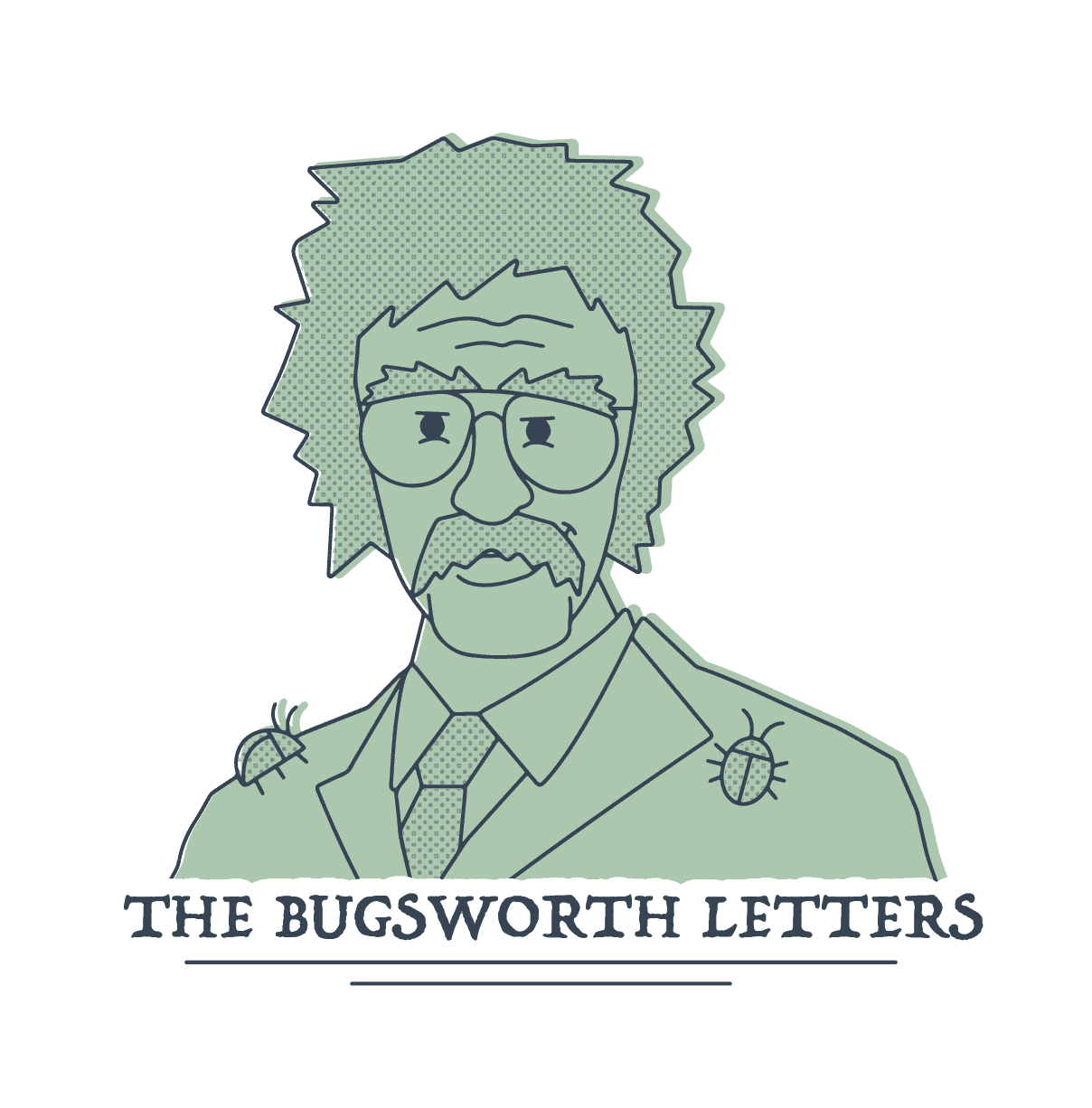
2
My Dear Mugwort,
Thank you for your prompt response to my previous letter. I found it most interesting that you mentioned your subject’s newfound interest in reading. You’re right to be suspicious about this behavior. I write to you with this advice.
You mustn’t let your subject read long-form literature. Instead, I suggest that you direct their attention to news headlines and short blog posts. Work fervently to convince them that their favorite social-algorithmic-information feeds are increasing their knowledge of programming and technology. And if you manage to engage your patient in short-form writing generated by our own agents (artificial intelligence, web scraped, or plagiarized content, etc.), the irony will be very pleasing.
If, after your best efforts, you still find that your patient is reaching for a book, then try to urge them towards distraction. I don’t expect that you’ll face much difficulty in thinking of distractions, but if you do, one of my favorites is to engage them in multiple books at the same time. I find that this will distract and overwhelm them quite a bit.
You might be thinking of an alternative tactic, which would be to push them towards consuming no media at all. This tactic, however, has grown increasingly difficult to implement if not impossible by most of today’s standards. Anyhow, you may find that the right combination of mediocre, short-form media can be even more beneficial towards our ultimate goal of complexity than if the patient were to, in fact, be media-less.
Moving forward—if you have successfully pruned your patient’s media diet down to short-forms and snippets, do not assume that your work is finished! It is imperative, now, that your patient steers clear of intellectual, thought-provoking, or in any way meaningful conversations among friends, family, and coworkers. Such conversations can be extremely detrimental to our efforts. And for similar reasons, try to discourage your patient from writing. The reason you mustn’t let your patient write was well summed up by an enemy of ours, Leslie Lamport, when he said, “If you think without writing, you only think you’re thinking.”
If you listen to my words above, nephew, your patient will surely remain distracted, disorganized, and ultimately powerless against us.
Your Affectionate Uncle,
Bugsworth
P.S.—Podcasts, although not as bad as long-form literature, can be a great disturbance to our work.
P.S.S—And for goodness and complexity’s sake, do not let them read Fred Brooks.
This letter is part of a series. Check out the previous letter, here.
What if there were a nefarious figure at work behind the scenes, trying to ruin our efforts to write software—an antagonist to our efforts of quelling complexity?
Well, through undisclosed means and methods, we’ve uncovered a series of correspondences, and they seem to unveil just such a figure—Uncle Bugsworth. He wants software to fail. He wants complexity and entropy to win out over simplicity and functioning software. And he’ll do whatever it takes to make it happen.
At least, that’s what we’ve gathered from the letters that we’ve read thus far. See for yourself and make your own judgments.
These are the cordial letters between Bugsworth and his nephew, Mugwort.
(Heavily inspired by CS Lewis’ The Screwtape Letters)
Loved the article? Hated it? Didn’t even read it?
We’d love to hear from you.



